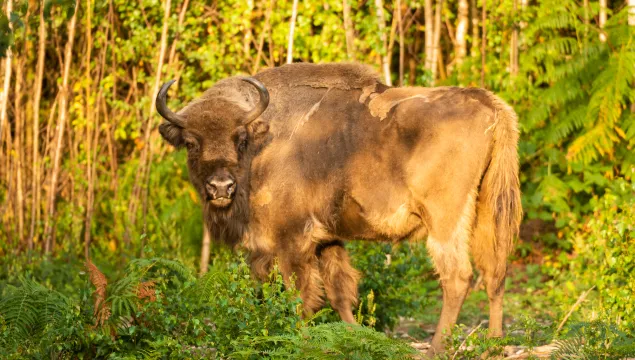
Wilder Blean
Thanks to funds raised by players of People’s Postcode Lottery, Kent Wildlife Trust and Wildwood Trust have partnered up to show how European bison can provide a sustainable solution to woodland management in south east England.

Thanks to funds raised by players of People’s Postcode Lottery, Kent Wildlife Trust and Wildwood Trust have partnered up to show how European bison can provide a sustainable solution to woodland management in south east England.
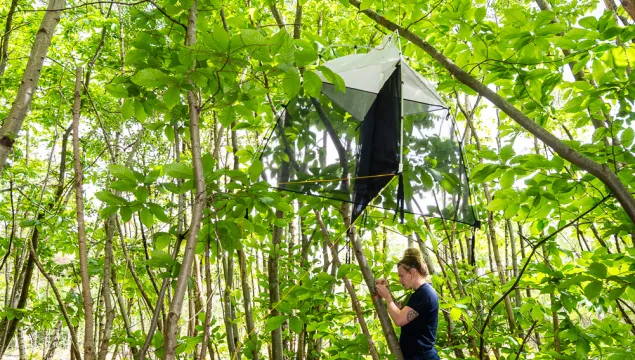
To measure change and monitor the impacts of our wilding projects over time, we must always gather data about the site before the project begins. This is called a baseline. All future data is then compared to this baseline so we can start to understand what has changed because of the project.
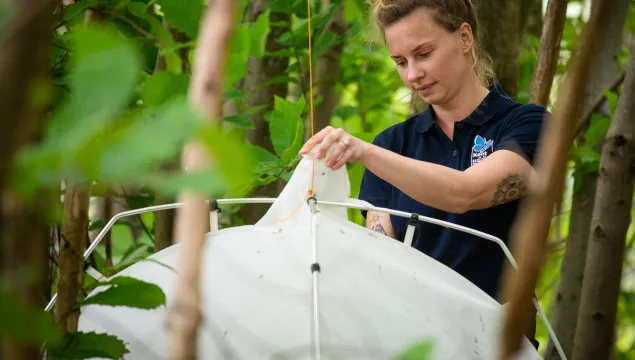
Monitoring progress towards a Wilder Blean.
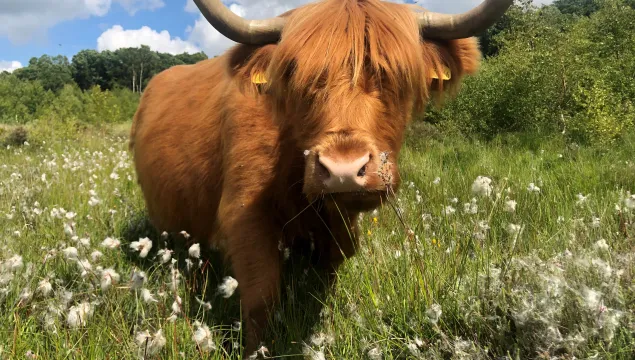
Highland cows with their distinctive long horns and flowing coats are the unsung heroes of nature conservation.
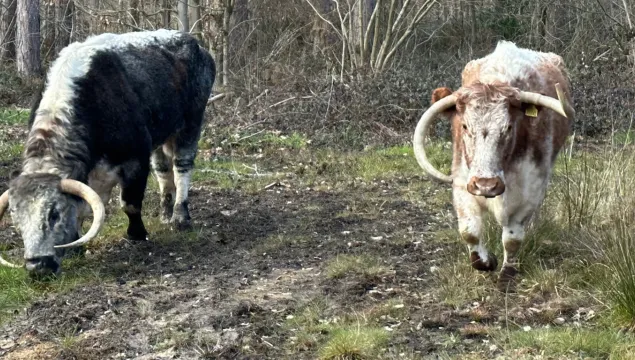
Longhorn cattle can be many colours but they are almost always brindle (splattered/stripey) with a white line down the spine. They have long backs and can have very impressive horns.
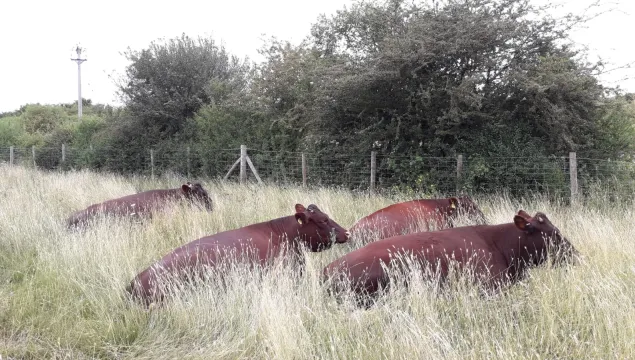
A richly red breed of cow specifically suited for the wet, woody ground of the Kent and Sussex Weald.

A small cow, tough and hardy with short pointy horns.
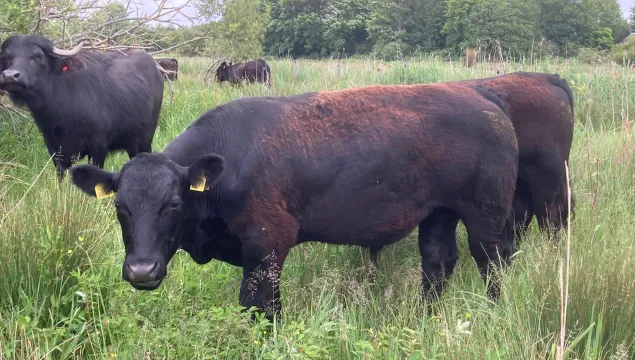
A result of Sussex and Angus parentage, these animals share the excellent temperaments of two breeds
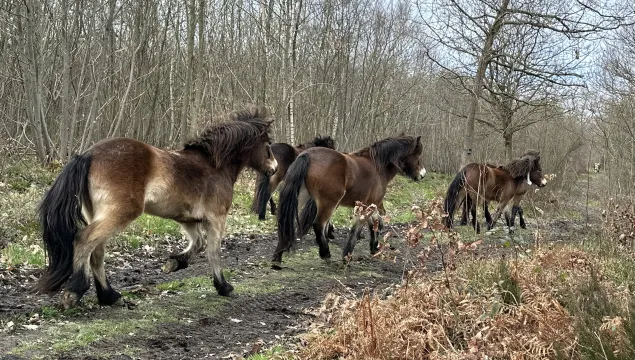
Find out about Exmoor ponies and why we use them in conservation.
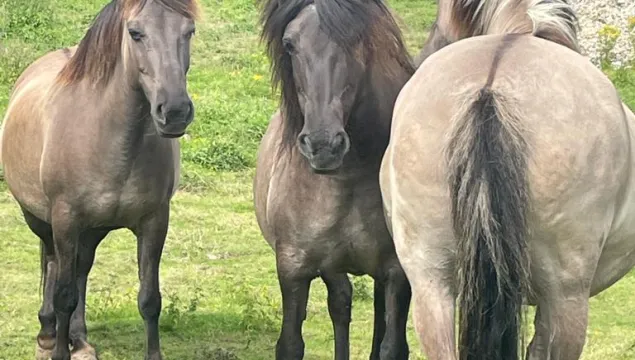
Konik ponies are one of the largest of the ‘pony’ breeds, often the size of a horse. 'Konik' literally means small horse. They are domestic ponies, bred over 100 years to live in the wild for conservation purposes.
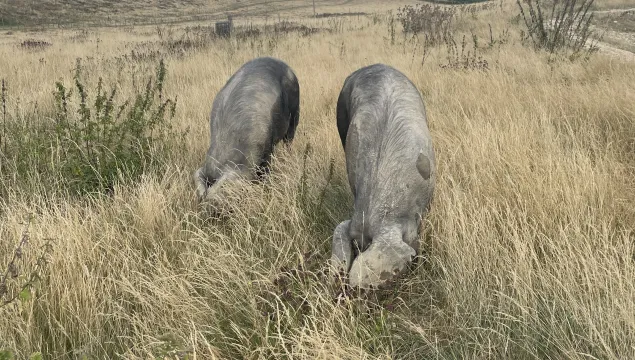
This pig breed is becoming popular with smallholders and free range farmers. Despite their large size, large black pigs are often friendly and placid.
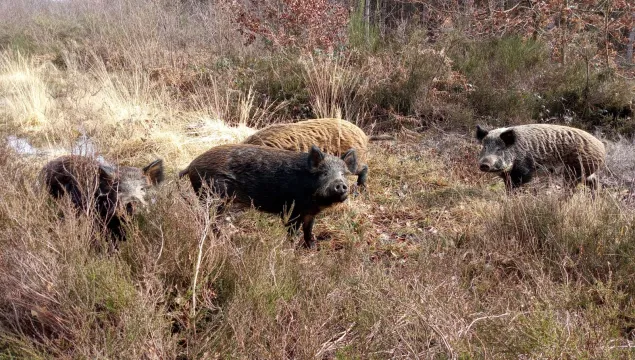
These pigs are as close as you can get to the wild boar and also, despite being a domesticated version of this wild species, share many of its traits.